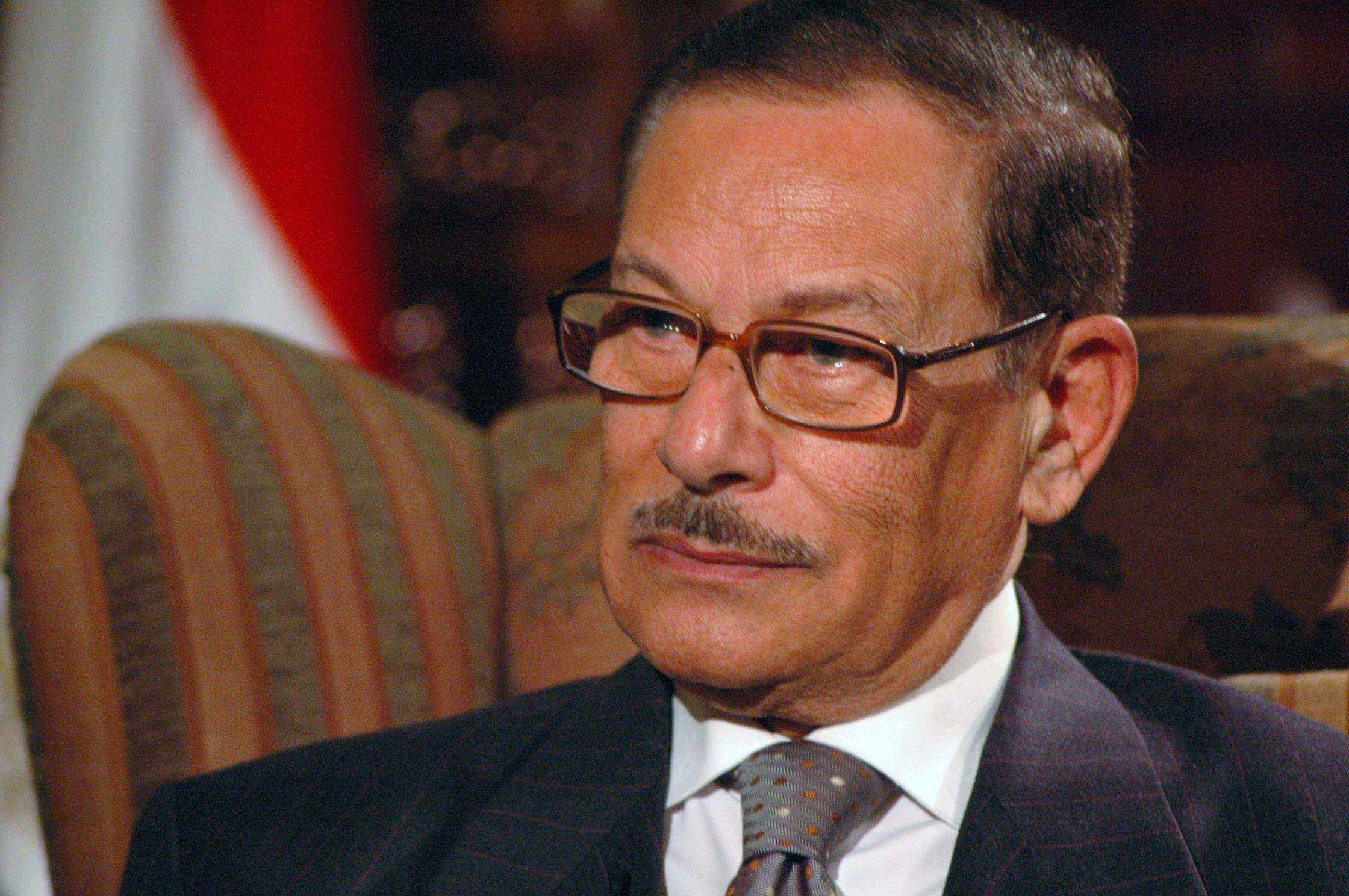
(AFP PHOTO/ANWAR AMRO)
Al Jazeera has once again denounced the criminal charges against nine of its journalists – along with 11 journalists who have never worked for the Qatar-based broadcaster – in no uncertain terms.
In a statement released on Thursday evening, Al Jazeera slammed the Egyptian authorities for actions that are “extraordinary, unjust, and unacceptable” after Al Jazeera was officially served the names and charges against its journalists by Egyptian authorities.
“Journalists exist to cover and challenge all sides of every story, so the idea we would broadcast ‘false news’ is not only totally wrong, it is also a challenge to journalism itself and the critical role journalism plays in informing people worldwide what is really going on,” said Al Jazeera English managing director Al Anstey. Anstey added that the Al Jazeera coverage of the ongoing political turmoil has been fair, covering all sides of a “complex story”.
“The charges should be dropped, and all of our journalists who are in prison in Cairo should be freed immediately,” said Anstey.
While the Egyptian prosecutor’s statement indicts 20 journalists they claim to be Al Jazeera staff, the broadcaster confirmed that only nine of those listed have ever worked for the network. Among the defendants, four are foreigners.
Two of the nine Al Jazeera defendants are British correspondents Sue Turton and Dominic Kane. Both Turton and Kane covered events last summer after the downfall of former president Mohamed Morsi. Each claim their reporting was unbiased and impartial, and stand behind their stories from Egypt.
Dutch journalist Rena Netjes was among the foreigners charged. She has never worked for Al Jazeera and speculates she was indicted for simply meeting with Al Jazeera journalists in a hotel lobby. She was able to leave the country before being arrested after the Dutch embassy was able to negotiate with the Egyptian authorities.
Dubbed the “Marriott Terror Cell” by both the Egyptian government and by local media, the heart of the case revolves around three Al Jazeera journalists arrested on 29 December: Canadian-Egyptian bureau chief Mohamed Fadel Fahmy; Australian correspondent Peter Greste; and producer Baher Mohamed, an Egyptian national. Fahmy and Greste were arrested at the Zamalek Marriott, where they were using two rented suites as a base of operations, while Baher was arrested the same night at his home in suburban Cairo.
The trio has been in prison for 41 days.
The other Al Jazeera journalists listed in the criminal complaint are Egyptian nationals currently working at network headquarters in Doha.
Al Jazeera Arabic reporter Abdullah Elshamy, not listed in the criminal complaint, has been detained without charges since being arrested while covering the dispersal of the pro-Morsi sit-in at Rabaa Al-Adaweya Square on 14 August. He is currently on the third week of a hunger strike in protest of his imprisonment.
Another Al Jazeera journalist, Cameraman Mohamed Badr was acquitted last week in North Cairo Criminal Court along with 61 other defendants charged with inciting murder, thuggery, possessing unlicensed weapons, vandalising public facilities, blocking roads and using force against the security forces stemming from a clash with police in Ramses Square on 15 July of last year.
A Twitter campaign demanding the release of the journalists detained in Egypt went viral last week after a group of journalists protested outside the Egyptian embassy in Nairobi, Kenya, where Greste is based. People took to Twitter with pictures of themselves with their mouths taped shut and holding signs with the hashtag “#freeAJstaff.”
A report by state-run Al-Ahram claimed that an Al Jazeera journalist arriving from Doha was stopped at Cairo International Airport on Saturday morning, and broadcasting gear was confiscated from his bag. Neither the State Information Service nor the airport authority were available to comment on the matter, but an Al Jazeera spokesperson doubted the veracity of the Al-Ahram article.
The 20 journalists indicted in the case have been charged with a litany of crimes revolving around terrorism and spreading false news. If convicted, the accused could face lengthy prison sentences, and possibly even the death penalty, according to Cairo-based human rights attorney Ahmed Ezzat.
The detention and indictment of Al Jazeera journalists, along with the larger crackdown on media freedom in Egypt, has drawn widespread international ire. The United States, the European Union, and Australia have all demanded the release of detained journalists, while rights groups Amnesty International and the Committee to Protect Journalists have also come down hard on Egyptian authorities.



